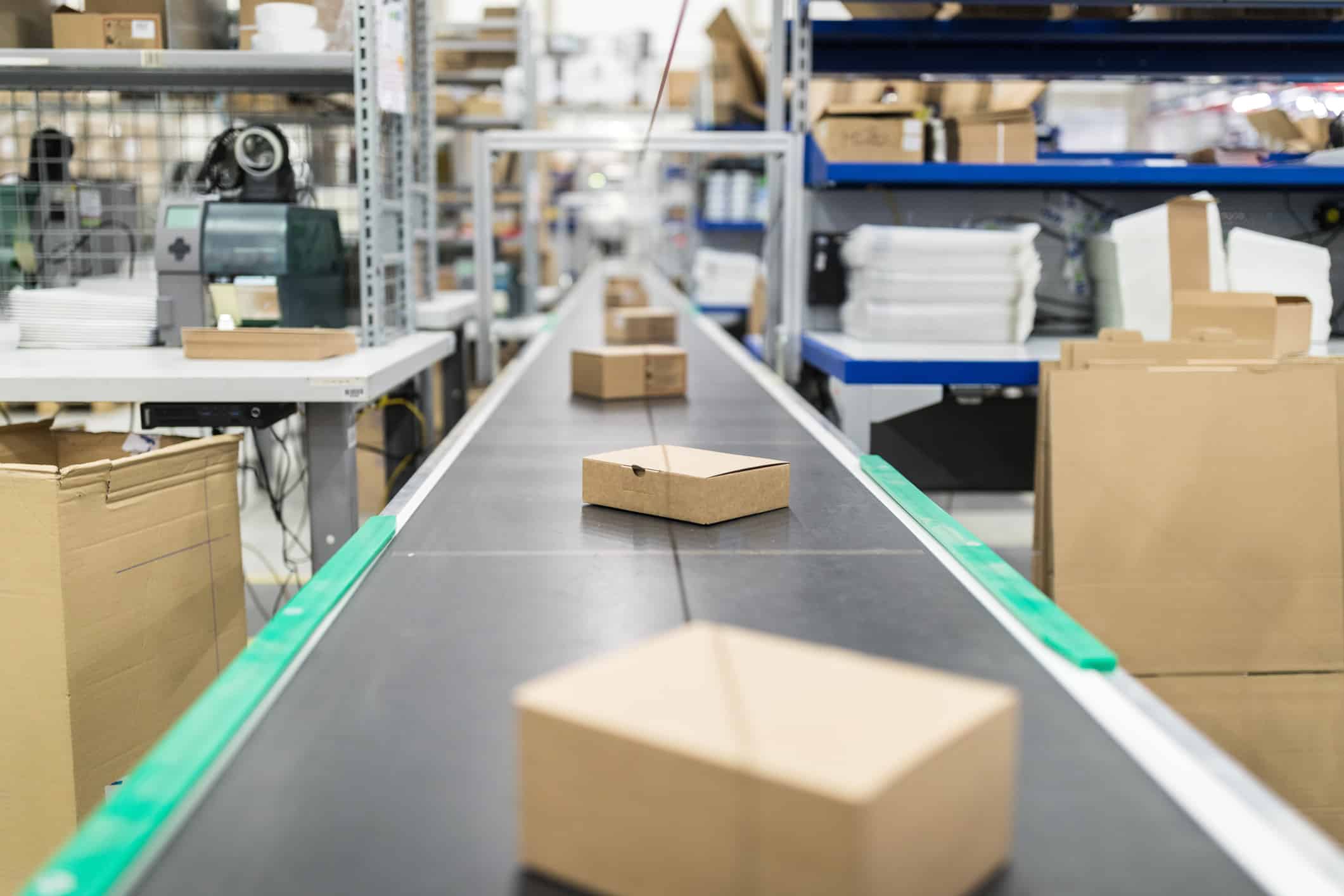SURVEY: CONSUMERS WANT SUPPLY CHAIN VISIBILITY AND PERFORMANCE OR THEY WILL SWITCH BRANDS


According to a global survey, 78 percent of consumers want to receive updates on the status of their orders when purchasing goods, and they won’t hesitate to switch brands if supply chain performance fails to meet their expectations.
The survey, conducted in February by YouGov and sponsored by Infor, a provider of industry-specific cloud applications, polled 6,285 consumers, including a nationally representative sample of consumers in France (1,016), Germany (2,105), the UK (2,035) and the United States (1,129).
Seventy-eight percent of consumers surveyed expect to receive updates on the status of their orders. Of that group, nearly half (49 percent) of consumers said Estimated Time of Arrival (ETA) information – and a further 29 percent said real-time location information – is most important to know, when waiting for a purchase to be delivered at home or to a pickup location.
Further, the survey showed that consumers will switch brands if supply chain performance doesn’t keep pace with their expectations.
According to the survey, it can suggest that consumers are more likely to switch brands related to their day-to-day needs, including groceries (59 percent), household products (53 percent), fashion/footwear (40 percent), and health & beauty products (37 percent). However, even in product categories such as high-tech (35 percent), furniture (32 percent) and automotive (19 percent), consumers indicated that they would switch brands if supply chain performance faltered.

“In 2016, we asked similar questions and at that time, among millennials (18-34), fashion was rated number one,” said Greg Kefer, vice president of marketing for the Infor GT Nexus Commerce Network. “Now, we are seeing categories such as food and beverage and consumer products rank ahead of fashion, with high-tech not far behind. This is an indication that consumer expectations are on the rise across product categories.”
“In our business, supply chain visibility is frequently cited as a foundational element of innovation and transformation,” Kefer added. “Companies must be able to ‘see’ across the vastness of their global supply chains, so they can identify gaps and make improvements.”
In working with customers, Infor has found that for consumers, next-day or even same-day delivery of goods is becoming the expectation, versus the exception. And, as the YouGov survey suggests, this expectation goes beyond e-commerce/retail into other industries.
“Consumers can now get very granular information about product status and location, and they increasingly are associating supply chain performance with brand preference,” Kefer said.
In fact, the YouGov survey revealed that nearly half (48 percent) of consumers said they know what the “supply chain” is. Awareness of the supply chain was particularly high in the UK (77 percent) and the United States (58 percent) –markets typically characterized by retail/service-centric economies.
Ultimately, companies that sell to other businesses also must face the reality that their customers also are consumers, who see first-hand supply chain innovation (or lack thereof) when shopping online or on their mobile devices.

